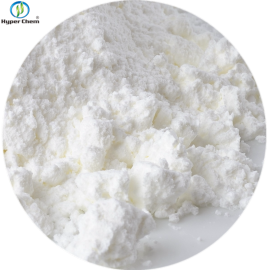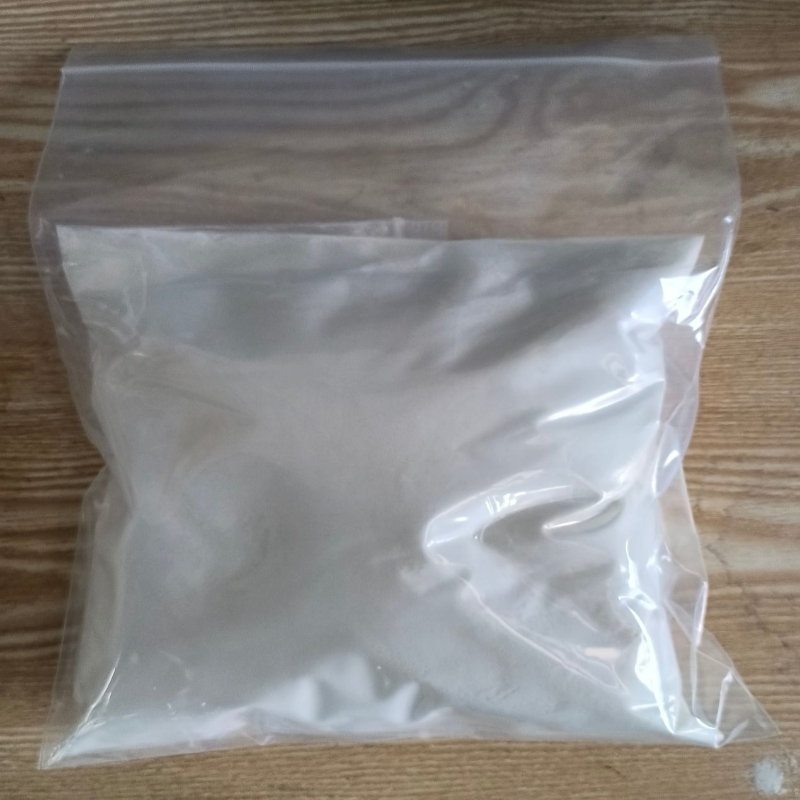A man who works with enzymes -- Arthur konberg, Nobel Prize winner in medicine
-
Last Update: 2006-05-31
-
Source: Internet
-
Author: User
Search more information of high quality chemicals, good prices and reliable suppliers, visit
www.echemi.com
For Arthur Kornberg, enzyme is his lifelong love and pursuit He firmly believes that enzyme plays a key role in cell function He found more than 30 enzymes, such as potato nucleotide pyrophosphatase, phosphatidylate synthetase, polyphosphate synthetase, DNA polymerase, etc Among them, due to the discovery of DNA polymerase in 1955, he shared the Nobel Prize in physiology or medicine in 1959 with Ochoa (discovery of RNA polymerase) In 1967, he synthesized the first virus with biological function - Φ × 174, which is known as an enzyme by ordinary people, but it is not clear what the enzyme is and what its use is, etc Coenberg, a biologist, devoted his whole life to the study of enzymes, and won the Nobel Prize in biology or medicine (1959) for his work on DNA polymerase However, more than ten years ago, he wrote an autobiographical work of "the lover of enzymes", which popularized biochemistry, especially the interesting, readable and fascinating literature like works of enzymes Scientists write a lot of recollections or autobiographies, especially in the West The autobiographies written by big scientists are of great cultural taste They are very different from the "strength" of doing scientific research and doing experiments in the laboratory, and sorting out a pile of seemingly boring data Most of the autobiographies are very interesting and human like They integrate science and life together and are easy to understand and absorb The lover of enzyme is such a literary work I am a chemist I know very little about enzymes I only know that enzymes can catalyze many difficult chemical reactions What enzyme is is not very clear, as far as the meaning of life is less known However, kohenberg's book attracted me unexpectedly Not only did my knowledge of enzymes increase a lot, but also my experience of the relationship between his research practice and his life made me more moved What is an enzyme, kohenberg very precisely and simply defined as: "a macromolecular protein composed of one or more amino acid chains." This kind of protein shows different properties due to different unit structures in the chain, i.e different arrangement of amino acids In particular, it has different surface characteristics of claw, crack, depression and protuberance Therefore, the enzyme can use these characteristics to "grasp, hold, elongate, bend and twist the molecules it acts on", so that the molecules it "grasps" carry out various chemical reactions To produce different new compounds or substances This special "grabbing" method increases the reaction of molecules hundreds or even thousands of times In the study of DNA, kohenberg found that DNA strand can not only be composed spontaneously, but also can be synthesized with a DNA polymerase, for which he won the Nobel Prize He found more than 30 kinds of enzymes in his life and loved them Especially in the study of DNA, he wrote: "DNA itself is inanimate, and its language is cold and dignified What gives cells life and personality is enzymes They control the whole body, even if only one enzyme's function is abnormal, it can be fatal " This is a view from the in-depth study of biochemistry "Life" is a very complex concept When exploring "life", kohenberg combines enzyme and DNA for research His vision is far-reaching When talking about the major issues in biological science such as gene, genetics and recombinant DNA, he always puts the concept of biochemistry in the most basic place This book was written 15 years ago, and this view is still very applicable today It can be said that it is perfect and easy to understand in the popularization and knowledge of enzyme in the study of deducting and interpreting complex biological phenomenon enzyme in popular science language Enzymes are ubiquitous organisms in the world we live in They are tenacious, but they are very sensitive to the existing environment The ability of enzyme is so great that human beings can hardly survive without enzyme Enzymes can serve chemists to make and synthesize many very special substances, such as special drugs, food and so on "For our lives, there's no other substance in nature that's as important as enzymes," kohnberg said So kohenberg loved enzymes deeply and studied them all his life And this obsession with enzymes has brought endless joy to kohnberg's life "The lover of enzyme" is a funny, popular and life rich "Literature" written by kohenberg with his life experience in a relaxed and pleasant style and a profound and incomprehensible scientific content as an easy language This book is also a kind of autobiographical work, which includes discussions on scientists, scientific research, scientific activities, scientific popularization, scientific spirit, etc the words are lively, easy to understand and full of wit In particular, through the change of his scientific career, from clinical medicine, doctors in the field to nutrition research, and finally into biochemistry, he founded the Department of Biochemistry and served as the dean of two famous universities in the United States, and made great contributions to the development of biochemistry The author connected his experience with the development of science, his views on scientific research, and his personal experience Life is connected The author found the fundamental scientific development path from the life practice It was his clinical practice that supported his interest in basic research and gave full play to his persistent and assiduous spirit What is fascinating about this book is that in addition to the popularization of enzyme knowledge and advanced knowledge, it also intersperses his experience in scientific research, especially the importance of hands-on ability in research He requires students to repeat every experiment strictly, data should be accurate, and they can quickly master the use of the latest instruments and equipment He is good at free academic discussions with students, speaking freely and academic democracy Even his family is full of academic atmosphere His wife and eldest son are biochemists The narration in this aspect is very vivid and is a model indeed "Science, as a creative activity, is an art form." "The uniqueness of science lies in its regularity, not in its practitioners Verifiability and continuous progress distinguish science from other forms of art " This is two incisive sentences of kohnberg in the last chapter "review my scientific career" of "lover of enzymes" Emerson, the great thinker, once thought that nature, literature and the life of great men were the three substitutes of religion "The lover of enzymes" does include these three contents, so the significance of this book need not be explained in detail In developed countries, this kind of "religious substitution" has a deep tradition In China, although the economy and science have been quite developed, the "religious substitution" is still very weak, which is worth thinking about.
This article is an English version of an article which is originally in the Chinese language on echemi.com and is provided for information purposes only.
This website makes no representation or warranty of any kind, either expressed or implied, as to the accuracy, completeness ownership or reliability of
the article or any translations thereof. If you have any concerns or complaints relating to the article, please send an email, providing a detailed
description of the concern or complaint, to
service@echemi.com. A staff member will contact you within 5 working days. Once verified, infringing content
will be removed immediately.







